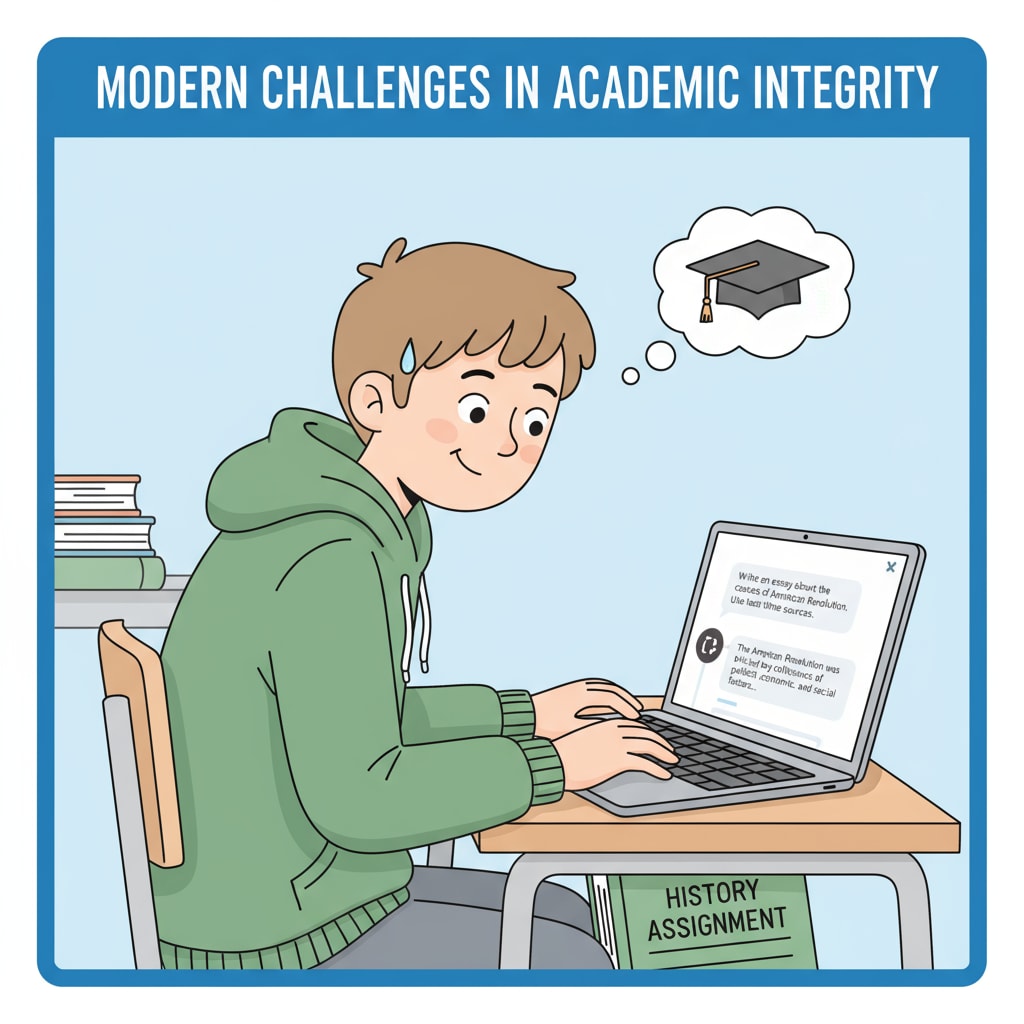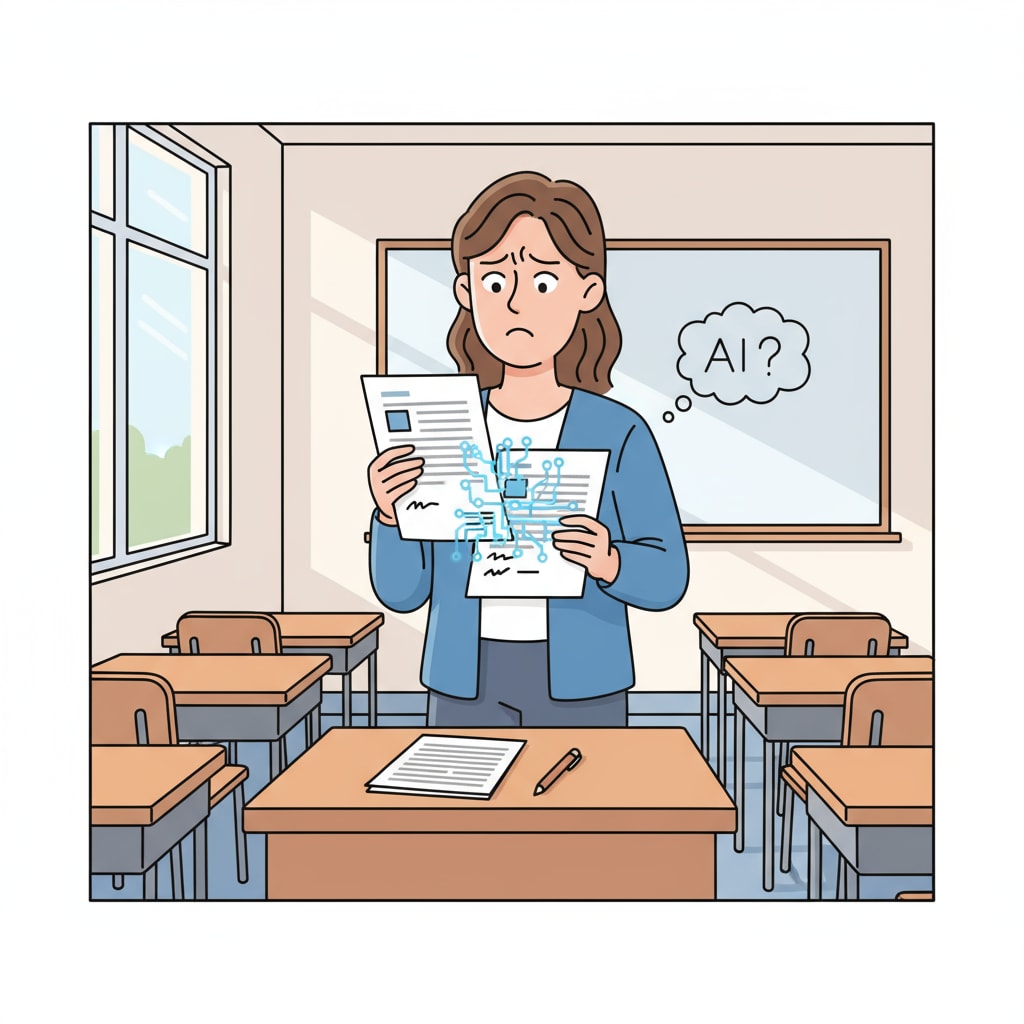The rise of ChatGPT has brought a new set of challenges to education, particularly the issue of cheating. As this powerful AI tool becomes more accessible to students, educators and parents are grappling with its implications.

The Growing Menace of AI – Assisted Cheating
ChatGPT has made it distressingly easy for students to cut corners. For instance, instead of spending hours researching and writing an essay, a simple query on ChatGPT can generate a well – written piece. This not only undermines the learning process but also devalues the hard work of honest students. According to EdSurge, many educators are reporting a spike in suspiciously perfect assignments that are likely the result of AI assistance.

Underlying Causes of ChatGPT – Enabled Cheating
One of the main reasons is the pressure on students to achieve high grades. In today’s competitive academic environment, the fear of failure can drive them to seek shortcuts. Additionally, the lack of proper digital literacy among students means they may not fully understand the ethical implications of using ChatGPT for cheating. As per ISTE’s digital citizenship guidelines, digital literacy education should be a priority to help students make responsible choices.
The ease of access to ChatGPT also plays a role. With just a few clicks, students can get answers to complex questions, making it tempting to use it for academic dishonesty. Moreover, some students may not see the long – term consequences of cheating, believing it’s a quick fix to get through a difficult assignment.
Readability guidance: The above paragraphs clearly state the problem of AI – assisted cheating and its causes. Short paragraphs are used for better readability, and external links are provided for further information. Transition words like ‘additionally’ and’moreover’ are used to connect ideas.
Negative Impacts on Student Development
When students rely on ChatGPT to cheat, they miss out on crucial learning opportunities. Critical thinking, problem – solving, and research skills are developed through the process of working on assignments independently. By cheating, students are not able to build these essential skills that are vital for their future academic and professional success.
Furthermore, academic integrity is an important value that students should uphold. Cheating erodes this value, and students may develop a sense of dishonesty that can carry over into other aspects of their lives. It also creates an unfair advantage over honest students, disrupting the educational ecosystem.
Readability guidance: These paragraphs explain the negative impacts on student development. Each point is clearly stated in short sentences, and transition words like ‘furthermore’ are used to move from one idea to the next.
Strategies for Combating ChatGPT – Related Cheating
Educators can play a crucial role. They need to update their teaching methods to incorporate more in – class discussions, group projects, and real – time assessments. This way, it becomes harder for students to cheat using ChatGPT. For example, having students present their work orally in class allows educators to gauge their understanding and knowledge.
Parents also have a responsibility. They should monitor their children’s digital activities and have conversations about the importance of academic integrity. By setting clear expectations at home, parents can help their children make the right choices.
Policy – makers need to step in as well. They can develop and enforce regulations regarding the use of AI in educational settings. This could include guidelines on how schools should detect and deal with AI – assisted cheating.
Readability guidance: This section presents strategies for combating cheating. Each group’s role is clearly defined in separate paragraphs, and examples are given for better understanding. Transition words like ‘also’ and ‘as well’ are used to list different parties’ responsibilities.
In conclusion, the issue of ChatGPT – related cheating in education is a complex one that requires the collective efforts of educators, parents, and policy – makers. By understanding the causes, impacts, and implementing effective strategies, we can safeguard the integrity of education and ensure that students develop the skills and values they need for a successful future.


